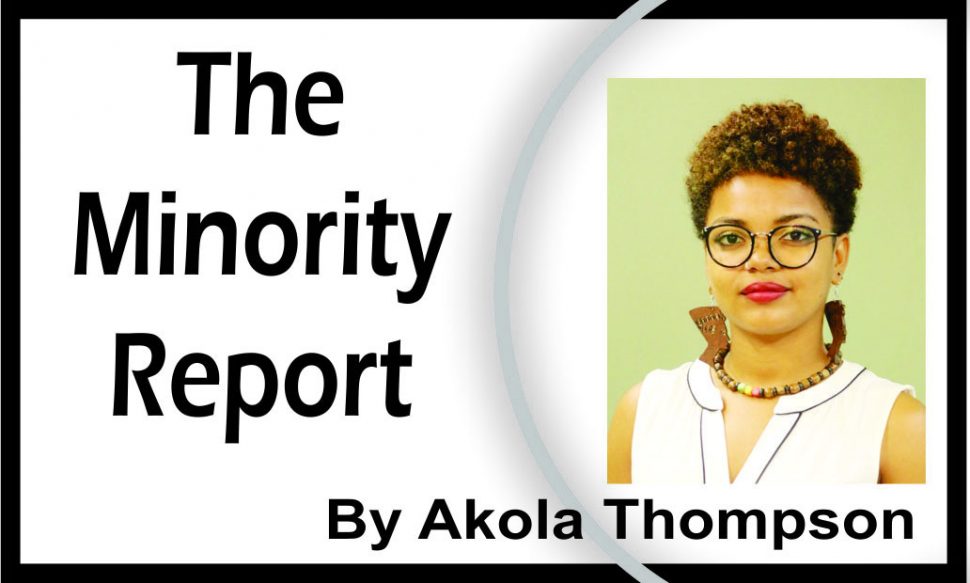As the tepid battle against COVID-19 continues, the push for achieving herd immunity through vaccination has been one enthusiastically adopted by local, regional and international governments. It seems like a well enough plan, one that would bring us back to the heydays of normality. As is often the case however, expectation often does not match reality and this is something that many are coming to terms with as mass vaccination meets up with public hesitancy around safety and efficacy concerns.
As with everything else in the world, the public health crisis and the vaccines that can assist in curbing its spread have fallen prey to capitalism and geopolitics. There has been significant hoarding of vaccines by rich countries while poorer ones struggle to get adequate amounts for their populations. This has led to several countries attempting to develop their own vaccines which is currently contributing towards a rich vaccine-poor vaccine dynamic. While those in richer countries have access to vaccines that have high efficacy rates, those in developing nations such as Guyana have largely had to depend on donations from countries where efficacy levels are lower. Controversy also surrounds several of the vaccines, resulting in them being pulled in several places, despite many countries not having the luxury of rejecting vaccines at this moment. This inequity in vaccine access and efficacy ultimately impacts trust in the vaccine and it is not surprising that so many persons remain resistant to the idea of being vaccinated.
Currently there exists a lot of public distrust and anxiety towards COVID-19 vaccination efforts. Many people are refusing to get vaccinated because they are either hesitant regarding the safety of the vaccine or they are anti-vaxxers. What both of these groups have in common is their skepticism regarding authorities. There is also the belief that taking the vaccine would mean that they are giving up their personal liberty, which is quite ironic given the limiting aspects of the pandemic to date.
This suspicion towards the vaccines will result in a significant part of our population choosing not to get vaccinated. This does not mesh well with the government’s plan to achieve herd immunity. A lot of effort is being invested into the belief that vaccines are the only effective solution we have to get rid of COVID-19. This is a very shortsighted view and promotes a false sense of security that might very well be out of reach for us as many persons continue to operate as they did pre-pandemic. Of course, the more opportunity the virus has to be transmitted, the chances of it mutating and resisting current vaccines significantly increases, making larger and more persistent outbreaks a very near and possible reality.
While the rate remains low, there is still an appreciable risk that persons would still be able to contract the virus and have it manifest asymptomatically. Many people will remain vulnerable to the infection either because they have not been vaccinated or belong to specific groups that might have more vulnerability. Mass vaccination is really important but at the end of the day we cannot rely only on vaccines to get us out of this pandemic. We are in a race against all the other variants and herd immunity ultimately comes down to a numbers game where at least 70% of the population needs to be vaccinated in order to significantly curb the spread of the virus.
Undoubtedly, the development of the vaccines and their potential impacts on limiting the effects of COVID-19 is really great, but it is highly unlikely that they will bring about the end of the virus as is hoped. What the vaccine will significantly help with is lowering the number of persons that die and are hospitalized from COVID-19. It is likely that we will be dealing with this virus for some time to come but vaccinations can substantially limit its reach and impact on our population. These vaccines will not exactly make us safe, but they do have the potential to make us safer than we currently are.

